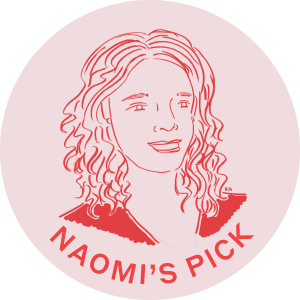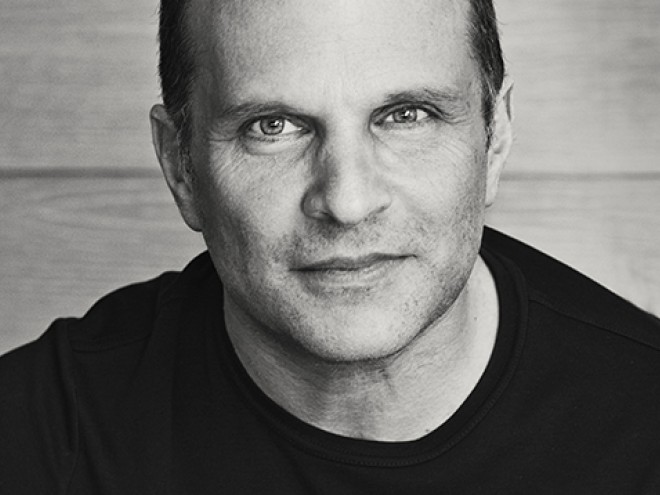As the American-born child of Hungarian Jewish immigrants, C‑list actor Matt Santos has always felt the pressure of his forward-thinking parents’ hopes for success; this is underscored by his father’s frequent injunction to him to “pushpushpush.” But when Matt learns that he has inherited a (fictional) Hungarian modernist painting, Ervin Kálmán’s 1925 Budapest Street Scene, he finds himself compelled to look backward in order to confront the trauma-ridden family history that his father — perhaps in an attempt to protect his son — has kept from him.
Narrated as a soliloquy that Matt nominally (and somewhat jokingly) addresses to the security guard at the auction house where Budapest Street Scene is about to be sold, Memento Park is rife with cultural references from Shakespeare to Matisse. Sarvas’s extravagant prose is at its best when used in descriptions of Kálmán’s paintings; his formal analyses of visual art would be at home on an exhibit label.
As Matt uncovers Kálmán’s life story and attempts to learn the history of the painting that is apparently his birthright, the gaps in his knowledge of his family’s past — and of the Judaism they practiced — become more and more evident by contrast. His quest to uncover the truth about the artwork and its pivotal role in his family’s fate becomes a quest for self-discovery that has unanticipated effects on his career, his romantic relationships, his relationship with his father (a difficult bond, the likes of which populate Michael Chabon’s fiction), and his religious and cultural identity. Although only one night passes over the course of the novel, the story that Matt recounts during that night traverses time and location — taking him from 1925 to 1944 to the present, and from Los Angeles to New York to Budapest to Chicago. Matt is forced to contend with not only the past itself, but also his own relationship to it.
Miranda Cooper is a NYC-based writer, editor, and literary translator. Her literary criticism, essays, and translations of Yiddish fiction and poetry have appeared in a number of publications including Jewish Currents, Kirkus Reviews, the Los Angeles Review, Pakn Treger, and more. In 2019, she was named an Emerging Critic by the National Book Critics Circle. She is also an editor at In geveb: A Journal of Yiddish Studies.





